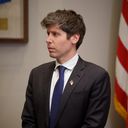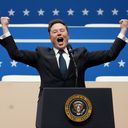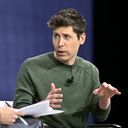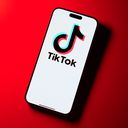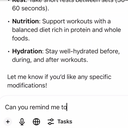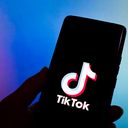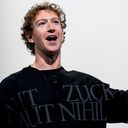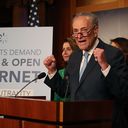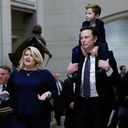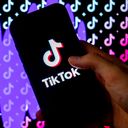Volunteers revive pre-Trump CDC website
A team of volunteer archivists has recreated the Centers for Disease Control website, called RestoredCDC.org, as it appeared the day President Trump was inaugurated.
The big picture: A federal judge last month required the HHS to restore webpages and datasets that had been altered or taken offline to comply with executive orders that Trump issued on DEI and gender identity, but several links are broken and the pages are not easy to locate through web searches.
- Some restored health pages come with a note that states the "Trump Administration rejects gender ideology and condemns the harms it causes to children."
Zoom in: The Restored CDC site provides the same public health data, information and user experience as the agency's own website did on Jan. 20.
- The team said that it's "re-building the links between the pages, to create a site that can be navigated the same way."
- The site indicates that it is not an official government website and includes a button to report problems users encounter in the header.
- The volunteer-based, unfunded project is made possible by a group that includes public health professionals, experienced web developers and experienced Python coders.
What they're saying: "I felt that we could restore any data sets that people might not have access to anymore because these were publicly funded data," an epidemiologist on the team told Axios.
- "That information is necessary to make informed health decisions," the person said.
- "We still have some work to do and we want to make a comparison tool where you could compare what the site used to say and compare it to what it says now," the person added.
- The team does not plan on updating information that originates from CDC, such as new reports on measles outbreaks.
Zoom out: Restored CDC is among a handful of archiving projects directed at saving government websites after the Trump administration began changing them.
- Other archiving projects that have saved government websites include the End of Term Archive and the Wayback Machine.
Context: A staggering amount of commercial and research activity hinges upon free access to reliable government data. The sudden disappearance or unreliability of that data jeopardizes business plans, scientific research, medical developments and more, Axios' Alex Fitzpatrick reported.
- That Trump's orders targeted data around vulnerable groups will make it even harder for researchers, lawmakers and others to understand those populations' makeup and needs.
Go deeper: What we all lose in Trump and Musk's attack on government data




